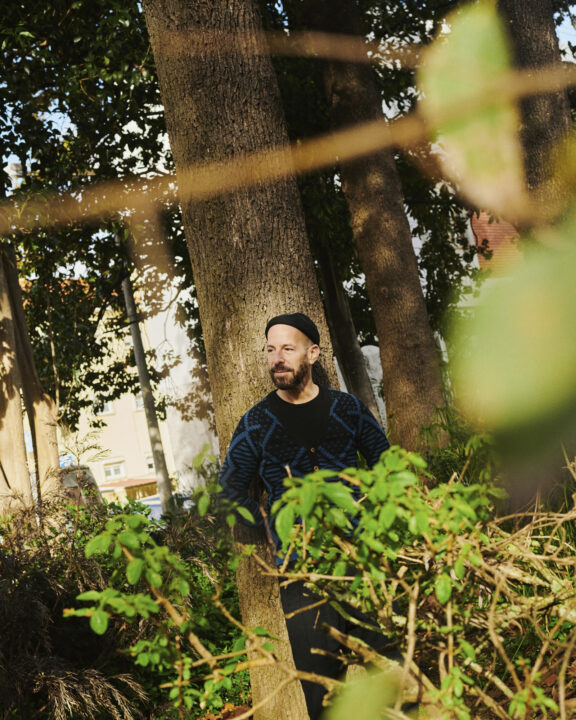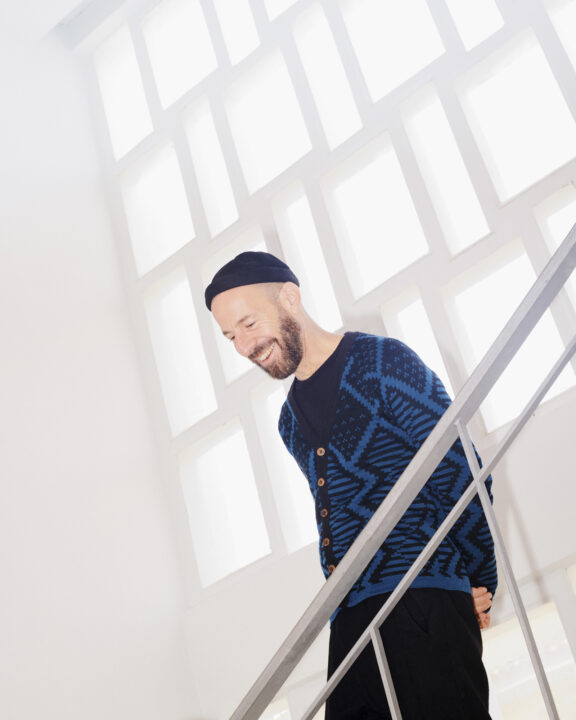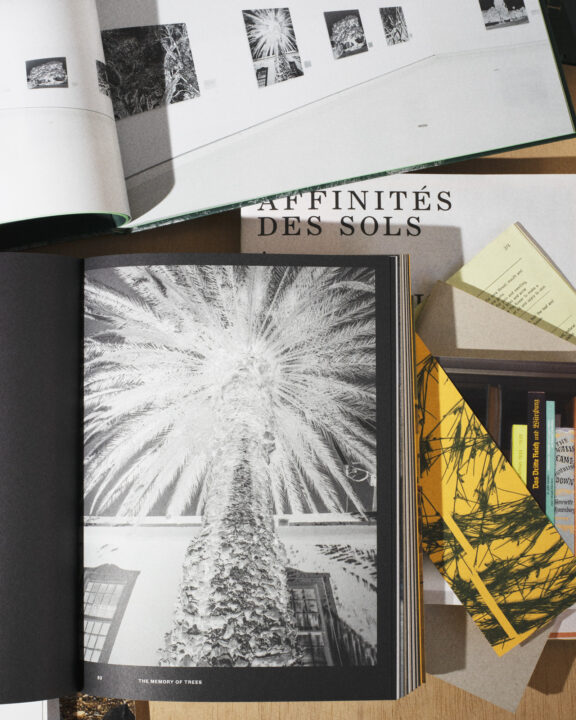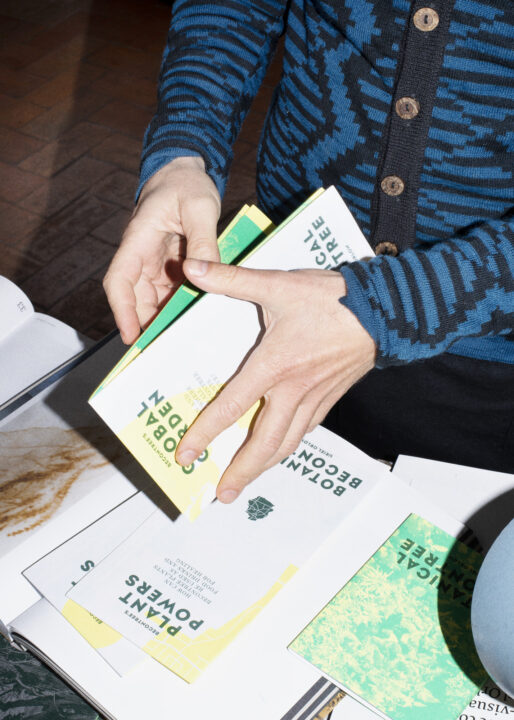“We have to deal with the present, but the past is not over. It’s still with us in the form of ghosts, through this haunting. Over the years, this has articulated itself in different ways in my practice.”
“Plants are witnesses to European colonial history. They were collected on expeditions by European botanists, renamed, and fed into the European classification system. It was thinking about this that led me to explore plants as actors in their own right, and not just as a backdrop to human history.”
Uriel Orlow’s practice is research-based, process-oriented, and often in dialogue with other disciplines, and often unfolds over extensive periods of time. Projects engage with residues of colonialism, spatial manifestations of memory, social and ecological justice, blind spots in representation and plants as political actors. In Theatrum Botanicum (2015–2018) and other multi-part bodies of work created in recent years, Uriel Orlow explores the role of plants as witnesses to European colonial history and climate change, and as bearers of memory. Taking plants as a point of departure, he maps out more-than-human entanglements and seeks other forms of resistance. Earlier works, such as The Benin Project (2007/2008) or Unmade Film (2012/2013), address the looting of cultural property under colonialism, the need for restitution, and the material and psychological dimensions of places marked by historical trauma.




